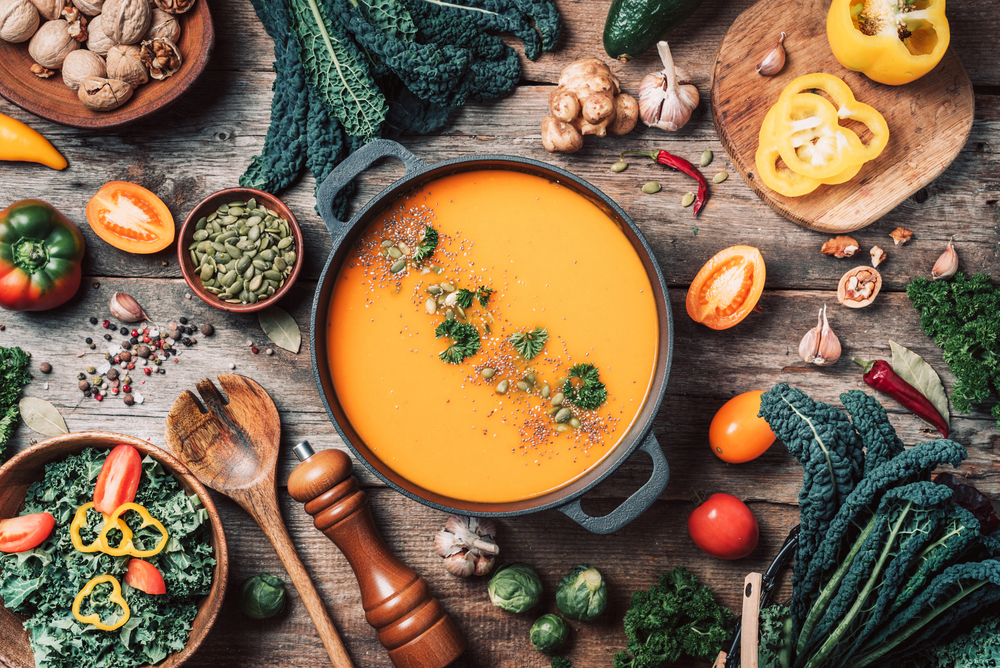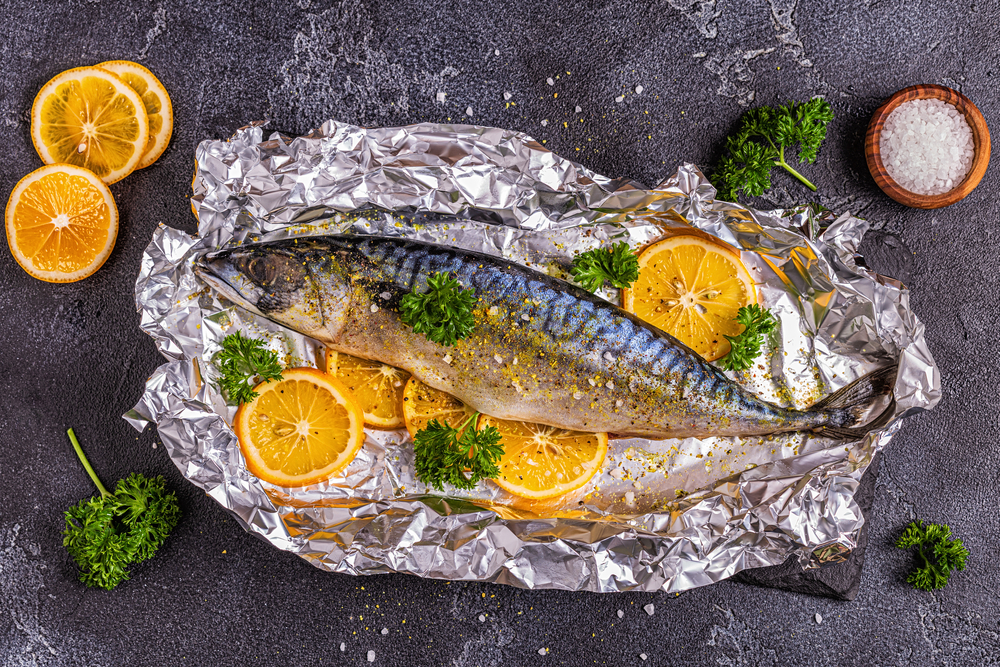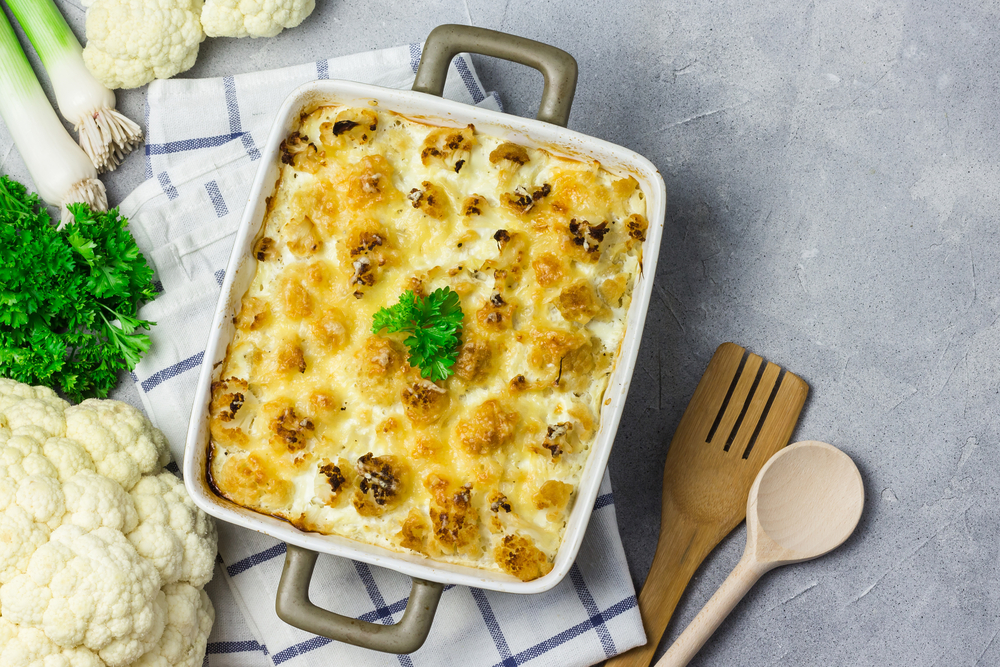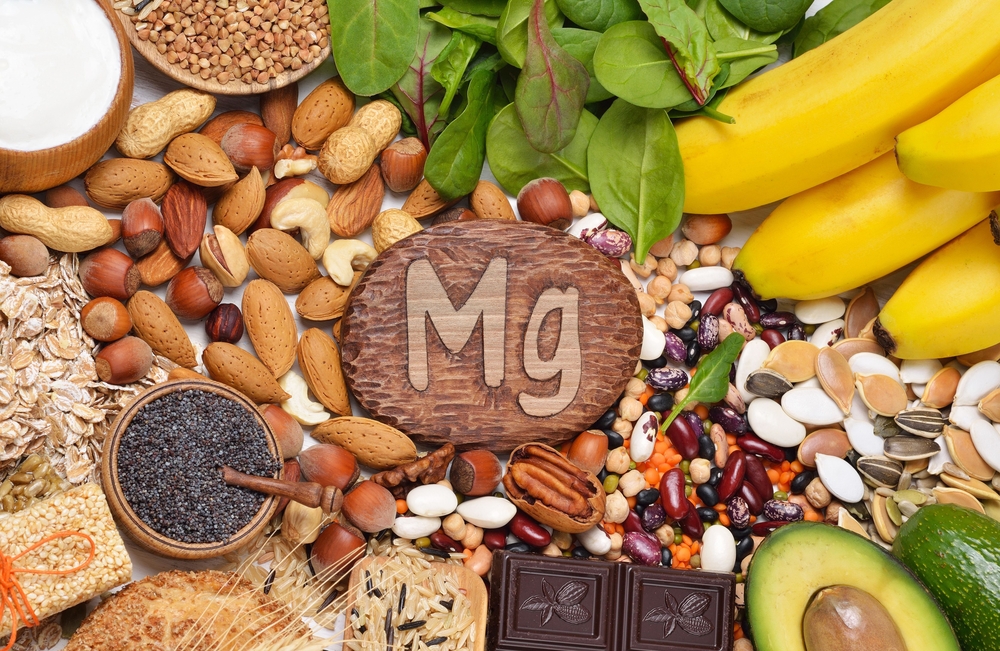W With the festive season just starting to ramp up many of us may find our digestion suffering. Bloating, acid reflux and flatulence can all become more troublesome, generally down to an increase in sugary and fatty foods, as well as alcohol intake which can irritate a sensitive gut.
With the festive season just starting to ramp up many of us may find our digestion suffering. Bloating, acid reflux and flatulence can all become more troublesome, generally down to an increase in sugary and fatty foods, as well as alcohol intake which can irritate a sensitive gut.
So why not use nature’s powers of healing to help soothe any digestive issues and help the festive season to run more smoothly in the process.
Clinical Nutritionist Suzie Sawyer offers five natural ways to support your digestion.
Drink dandelion coffee
Dandelion is known as a ‘bitter herb’ which has been used for centuries to aid digestion. Bitter herbs work in a number of ways, but essentially, they stimulate the brain to release digestive enzymes.

In the case of dandelion, it has great affinity for the liver and helps the gall bladder to release bile, further aiding digestion. Even better, it’s delicious, and great with a splash of plant-based milk such as oat. Try to drink two or three cups of dandelion coffee throughout the day, regardless of whether you’re out partying or not. It’s readily available in health food shops.
Mint to the rescue
The herb mint is frequently used in cooking, in both sweet and savoury dishes. However, mint is great for the digestion and really soothes an unhappy tummy. Even better, mint tea infusions, drunk at the start of a cold can better manage unpleasant symptoms.

Mint is especially helpful for relieving bloating and flatulence and can really calm everything if you enjoy a cup of mint tea after each meal. If your digestion is feeling comfortable before you go to an event, it’s less likely to cause problems later.

If mint tea is not your bag, then why not cook some super-healthy mint and pea soup, which can also make a great lunch time filler. Even better, this soup has a good amount of protein to keep energy levels sustained and ready for your festive fun.
Enjoy camomile tea
Of all the herbs, camomile is certainly one of the most soothing and is really useful for an upset or challenged digestive system. It also helps to calm the nerves and easy anxiety, another cause of digestive problems.

As with all herbs and ancient remedies, camomile’s mode of action is not fully understood, except that it contains an array of plant flavonoids which have also been found to reduce inflammation and pain throughout the body and calm mild skin complaints. Try to drink at least two cups daily but for best effect sip some after a heavy meal if possible.
Eat fruit away from other foods
Many of us struggle to break down fruit sugars and other starches in certain fruits. Therefore, it’s best to eat fruit away from other foods as a precaution or if you know this to be a problem for you.

Melon is certainly one fruit that is best eaten as a snack. Proteins, fats, and carbohydrates all require different enzymes as a key part of the digestive process. And sometimes they ‘clash’ which becomes especially noticeable when eating melon with protein or fatty foods.
Keep acidic foods to a minimum
Acid reflux can become more of a problem, particularly if you’re susceptible to this unpleasant symptom, during the festive season. Coffee is one thing that can be very irritating to the digestive tract and creates acidity. If you know acidity is a problem for you, especially after drinking alcohol, then it’s worth quitting coffee for a while until everything settles.

It would also be worth body swerving fried foods, raw onions, and chillies if acid reflux or general indigestion is an issue. And if you really don’t want a good night out ruined by digestive distress then, why not include angostura bitters in your cocktail? As the name suggests, it’s a bitter herb and has a long history of use for aiding digestion.
So, why not try some of these natural ways to relieve digestive distress during the festive season.
Stay well.
FOR MORE GREAT DIET AND LIFESTYLE ADVICE:
Sign up to receive our blog and get a weekly dose of the latest nutrition, health and wellness advice direct to your inbox.
Follow us on Twitter @feelaliveuk for nutrition, lifestyle and well-being tips.
Visit us at www.feelaliveuk.com for the latest offers and exclusive Alive! content.
Follow and Chat with Suzie on Twitter @nutritionsuzie
For everything you need to know about vitamins, minerals and herbs visit our sister site Herbfacts
All images: Shutterstock













 Brussels sprouts are rich in vitamin C but also
Brussels sprouts are rich in vitamin C but also 










